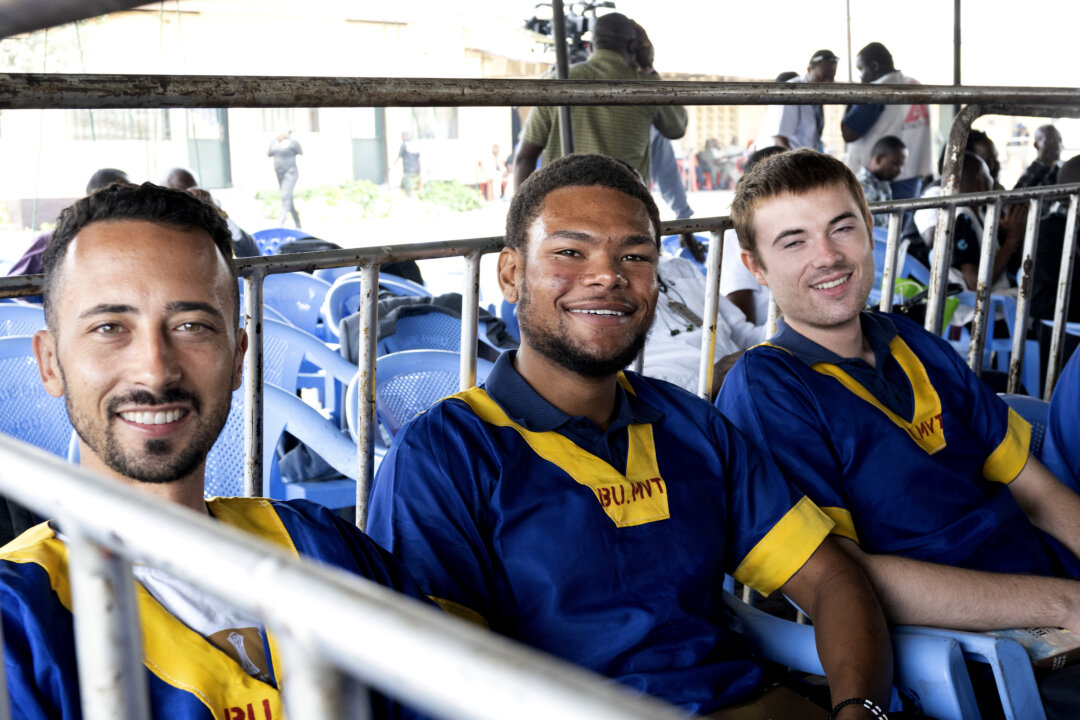U.S. Charges Americans in Congo Coup Attempt Following Repatriation
Three Americans charged with staging a coup in Congo now face U.S. charges after being repatriated, with allegations of bomb-making and rebel support.
Overview
Three Americans repatriated from Congo face U.S. charges for an elaborate coup attempt aimed at overthrowing Congo's government. Charged by the U.S. Justice Department, Marcel Malanga, Tyler Thompson Jr., and Benjamin Zalman-Polun were previously sentenced to life in prison in Congo after their death sentences were commuted. A fourth defendant, Joseph Peter Moesser, allegedly assisted in bomb-making. The plot included an attempt to form a new government—New Zaire—led by Christian Malanga, Marcel's father, who was killed during the foiled attempt. Prosecutors cite significant risks and danger posed by the defendants, seeking to keep them detained.
Report issue

Read both sides in 5 minutes each day
Analysis
- Three Americans charged with staging a coup in Congo reflect a serious breach of international law and raise concerns about the motivations behind such actions.
- The U.S. Justice Department's indictment follows a lengthy FBI investigation into alleged involvement in providing military support to a rebel army planning to overthrow the Congolese government, demonstrating an organized plot rather than spontaneous actions.
- The case underscores the potential dangers of American citizens participating in foreign conflicts, particularly when such activities threaten international stability, as highlighted by the planned coup resulting in civilian casualties.
Articles (4)
Center (2)
FAQ
The commutation and repatriation were part of strengthening judicial diplomacy and international cooperation between the U.S. and Congo, amid efforts for a minerals deal and security support.
They face charges including conspiracy to provide material support and resources, conspiracy to utilize weapons of mass destruction, and conspiracy to bomb governmental facilities.
When the U.S. assumes custody of prisoners convicted abroad, it typically agrees to carry out the sentence of imprisonment designated by that country.
History
- 7M

 3 articles
3 articles


